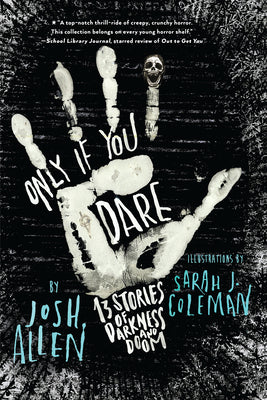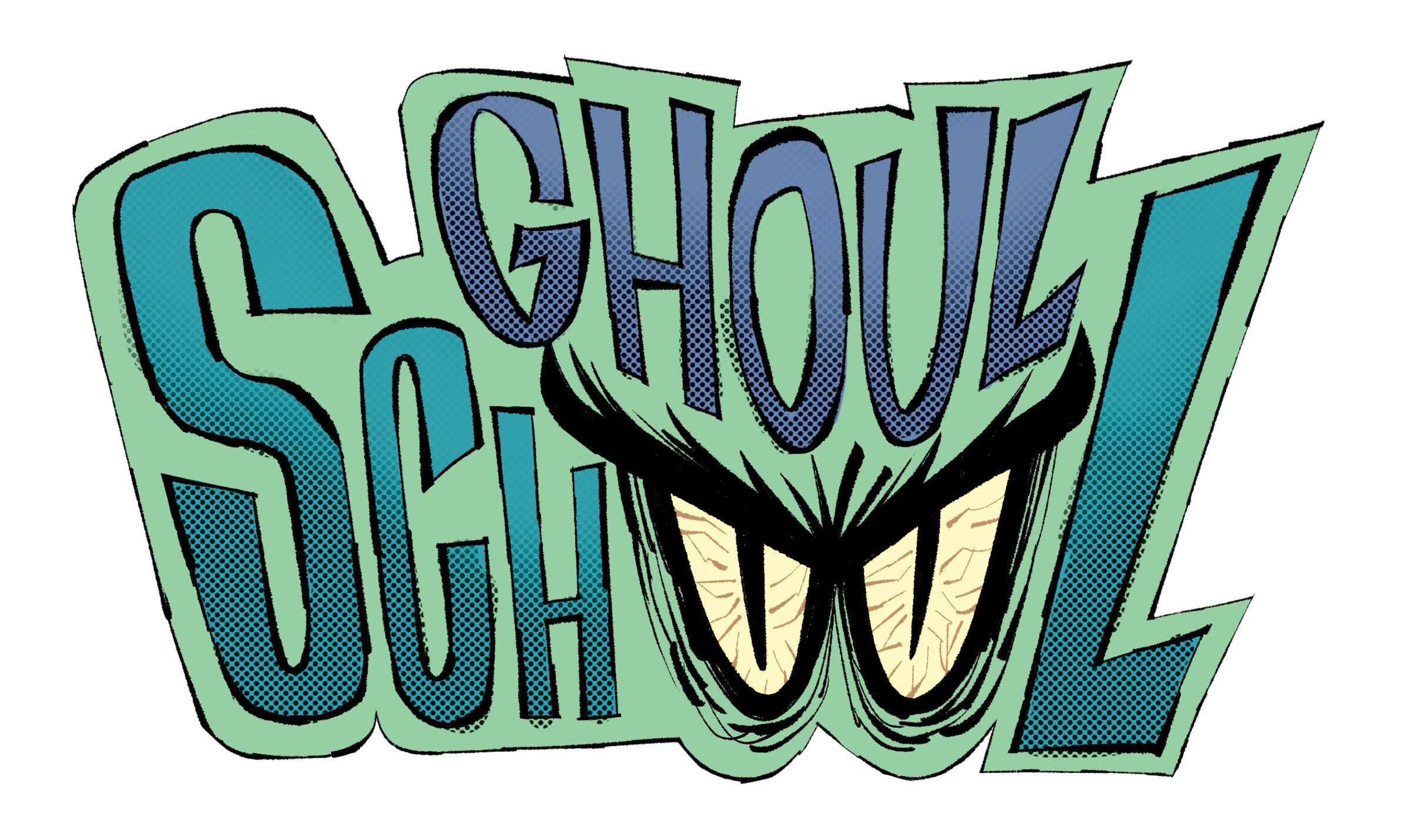
Short stories for middle schoolers: 17 quick reads with lasting impact!
Finding ways to help connect middle school children with the written word is critical for their academic and personal growth. Short stories can be a powerful tool for capturing the interest of young readers and teaching them valuable lessons. In this article, we discuss the importance of short stories for middle schoolers, what makes a good short story, and provide solid recommendations students are sure to enjoy.
Why are short stories a great way to engage middle school students?
Length and digestibility
Middle school students often have shorter attention spans, making it challenging for them to engage with longer texts. Short stories offer a perfect solution, as their brevity allows students to finish reading in a short amount of time. This gives them a sense of accomplishment, as they can see their progress and feel motivated to continue reading.
Varied genres and themes
Short stories cover all genres, allowing students to explore different writing styles, cultures, and perspectives. This variety can help students find stories that resonate. Additionally, exposure to a diverse range of stories can broaden their understanding of the world and help them develop empathy for people from different backgrounds.
Opportunities for deep discussion and analysis
The best short stories contain rich literary elements and character development, making them perfect for fostering critical thinking and comprehension skills. Teachers can use these stories to engage students in meaningful discussions, encouraging them to analyze the theme. This helps students learn to think more deeply about material they've read. In turn, this allows them to make connections between the story and their own lives.

What makes a good short story?
A great story captivates kids and encourages them to dive deeper into the world of reading. There are several key elements that contribute to a successful short story for kids in this age group.
Compelling characters
Character development is essential in short stories. Young readers should be able to identify with the characters, understand their motivations, and empathize with their struggles. Well-developed characters provide opportunities for students to explore and discuss complex emotions, relationships, and moral dilemmas.
Engaging plot
An engaging plot is crucial for keeping middle schoolers interested in a short story. The story should have a clear beginning, middle, and end, with a conflict or problem that the characters must overcome. A twist ending can add an element of surprise, making the story even more memorable.
Strong theme or message
A great short story often conveys a meaningful theme or message. This can range from a moral lesson to an exploration of human nature, or even a commentary on society. When an author is able to include a theme, the story becomes more than a simple narrative. It challenges students to think critically about the issues presented.
Appropriate language and vocabulary for the target age group
Short stories for middle schoolers should use language and vocabulary that is suitable for their age and reading level. This helps ensure that students can comprehend the text without becoming overwhelmed or frustrated. At the same time, the story should introduce new words and descriptive writing, helping students expand their language skills and become more confident readers.
Relatable content
Finally, a good short story for middle school students should contain content that is relatable to their lives and experiences. This can include themes like friendship, family, school, or personal growth. By presenting familiar situations and emotions, the story helps students connect with the text and become more invested.
One of our favorite short stories
It should come as no surprise that we are big fans of our own master of horror, Devlin DeGuise. His series GHOUL SCHOOL is a great read for upper elementary kids and middle schoolers.
👻 Immerse Students in a Spine-Tingling World! 👻
An age-appropriate horror series, GHOUL SCHOOL takes young readers on a chilling journey, inviting them to discover spine-tingling mysteries and encounter hair-raising creatures.
🌀 Twist Endings Keep Readers Hooked! 🌀
Each volume of GHOUL SCHOOL features a jaw-dropping twist ending that will leave your tween gasping in surprise and eager to find out what happens next. These unexpected twists not only create a memorable reading experience but also instill a love for reading that will follow them throughout their lives.
📖 Easy-to-Read Format for Maximum Enjoyment 📖
Designed with the reluctant reader in mind, GHOUL SCHOOL features big fonts to minimize intimidation, graphic novel elements that pull readers into the eerie world, and captivating, creepy art on every page.
🎧 Enhanced Audiobook for a One-of-a-Kind Reading Experience 🎧
Want to take the terror up a notch? Each book comes with a free audiobook that offers a read-along experience with creepy music and Hollywood sound effects so good students feel like they're IN the story.
🔥 Don't Miss Out on this creepy Reading Experience! 🔥
Transform students into eager bookworms with GHOUL SCHOOL, the series that's bound to become a favorite of your students.
Recommended short stories for sixth graders
Selecting age-appropriate short stories for middle schoolers is important to ensure they enjoy reading and gain valuable insights from the texts. Here are some great short stories at a sixth-grade level:
The Lottery by Shirley Jackson
This classic short story portrays a seemingly ordinary village with a dark secret. The story explores themes of tradition, conformity, and the potential danger of blindly following societal norms. Students will be drawn in by the plot and can later engage in discussions about the story's message and its relevance to their lives.
The Gift of the Magi by O. Henry
This tale tells the story of a couple who sacrifice their most prized possessions to buy gifts for each other. The story's themes of love, sacrifice, and the true meaning of giving provide ample opportunities for thoughtful discussions and reflections.
Rikki-Tikki-Tavi by Rudyard Kipling
This adventurous story follows a brave mongoose named Rikki-Tikki-Tavi as he protects his human family and friends from dangerous cobras. With its exciting plot and vivid descriptions, this story will keep sixth graders engaged while also teaching them about courage and loyalty.
The Treasure of Lemon Brown by Walter Dean Myers
In this story, a boy named Greg meets an old man named Lemon Brown who shares his life story and a valuable treasure. The story explores themes of family, understanding, and the idea that not all treasures are material possessions.
The Fun They Had by Isaac Asimov
Set in a future where children are taught by computers, this short story will spark classroom conversations about the importance of human interaction and the role of technology in education. Students can discuss the differences between their own school experiences and the futuristic world presented in the story.

Recommended short stories for seventh graders
As middle schoolers grow and develop, their interests and reading abilities change. Here are some engaging short stories suitable for seventh-grade students:
The Monkey's Paw by W.W. Jacobs
This chilling tale of a magical monkey's paw that grants wishes with unexpected consequences will captivate seventh graders. The story offers a chance to remind kids they should always be careful what they wish for.
The Necklace by Guy de Maupassant
In this classic, Mathilde borrows a beautiful necklace only to lose it and replace it with a costly replica. The story explores themes of vanity, materialism, and the importance of being content with what we have.
The Lady or the Tiger? by Frank R. Stockton
In this intriguing story, a man must choose between two doors. A beautiful woman waits behind one. Behind the other? A tiger. The open-ended conclusion of the story encourages students to debate the outcome and consider the complexities of human nature and decision-making.
The Tell-Tale Heart by Edgar Allan Poe
Narrated by a man who commits a terrible crime, this classic is sure to keep students on the edge of their seats. The story provides a chance to study characterization, explore the narrator's descent into madness, and discuss the concept of guilt.
All Summer in a Day by Ray Bradbury
Set on a planet where the sun rises briefly every seven years, this is the story of a young girl locked away by classmates during the rare moment of sunshine. The story's themes of empathy, jealousy, and the consequences of our actions provide ample material for thoughtful discussions.
The Monsters are Due on Maple Street by Rod Serling
Not a traditional short story, this Twilight Zone teleplay is the tale of a suburban street that finds itself under siege by forces unknown. Once friendly neighbors speculate about who could be responsible for their strange experiences. It isn't long before they discover they may have as much to fear from each other as they do any unseen terrors lurking in the dark.
Recommended short stories for eighth graders
Eighth-grade students are often ready to tackle more complex themes and literary elements in their reading. Here are some thought-provoking short stories suitable for eighth graders:
The Most Dangerous Game by Richard Connell
This thriller follows a man trapped on an island with a sinister hunter who has turned humans into his prey. The story explores themes of morality, survival, and the nature of violence. It is sure to spark engaging discussions among students.
The Cask of Amontillado by Edgar Allan Poe
In this dark tale of revenge, the narrator seeks to punish his friend for an unspecified insult. The story provides a great opportunity for students to analyze the motivations behind the characters' actions and discuss the consequences of revenge.
The Scarlet Ibis by James Hurst
This emotional story tells the tale of two brothers – one who is physically disabled – and their complicated relationship. Students can explore themes of love, pride, and the consequences of our actions. It also provides a great opportunity to discuss the importance of empathy and acceptance.
The Lottery Rose by Irene Hunt
In this heartrending story, a young boy named Georgie, who has experienced a difficult life, wins a rose bush in a school lottery. The story follows Georgie's journey as he learns to trust and find hope in his new circumstances. Themes of resilience, hope, and the power of human connection provide ample material for thoughtful discussions.
The Pedestrian by Ray Bradbury
This dystopian classic follows a man named Leonard Mead who is arrested for the simple act of taking a walk. Students can discuss the story's themes of conformity, individuality, and the potential consequences of a technology-dominated society.
Fun short story collections for the Summer Reading List

Skin (and other stories) by Roald Dahl
In this book, the renowned author invites readers to explore the eerie, dark corners of the human psyche through a series of chilling tales. Each story features an eclectic cast of characters who encounter the inexplicable, often with unexpected consequences. Dahl's distinctive storytelling and keen observations of human behavior make these ghost stories both frightening and thought-provoking, leaving readers questioning the boundaries of reality and the unknown.

Only If You Dare by Josh Allen
A terrifying collection of short stories that proves even everyday objects in our life can turn against us. From a mysterious microwave oven to a threatening board game to a snowman who refuses to melt in the spring, this book is loaded with stories that will leave kids scared of more than the dark. Buy it here.
Links where more short stories be found
There are numerous resources available online for teachers and students to find engaging short stories for middle schoolers. Some popular websites with short story resources include:
- American Literature: This website features a wide selection of classic short stories, including many that are suitable for middle school students.
- CommonLit: CommonLit is a free online platform that provides access to fiction and nonfiction texts, including short stories, along with comprehension questions and teaching resources.
- ReadWorks: ReadWorks offers a vast collection of reading passages, including short stories, for all grade levels, along with comprehension questions and teaching materials.
Conclusion
Short stories are a fantastic way to engage middle schoolers. These bite-sized tales can help students develop their critical thinking, comprehension, and language skills. By selecting age-appropriate stories that feature compelling characters, engaging plots, strong themes, and relatable content, teachers can create memorable reading experiences.


